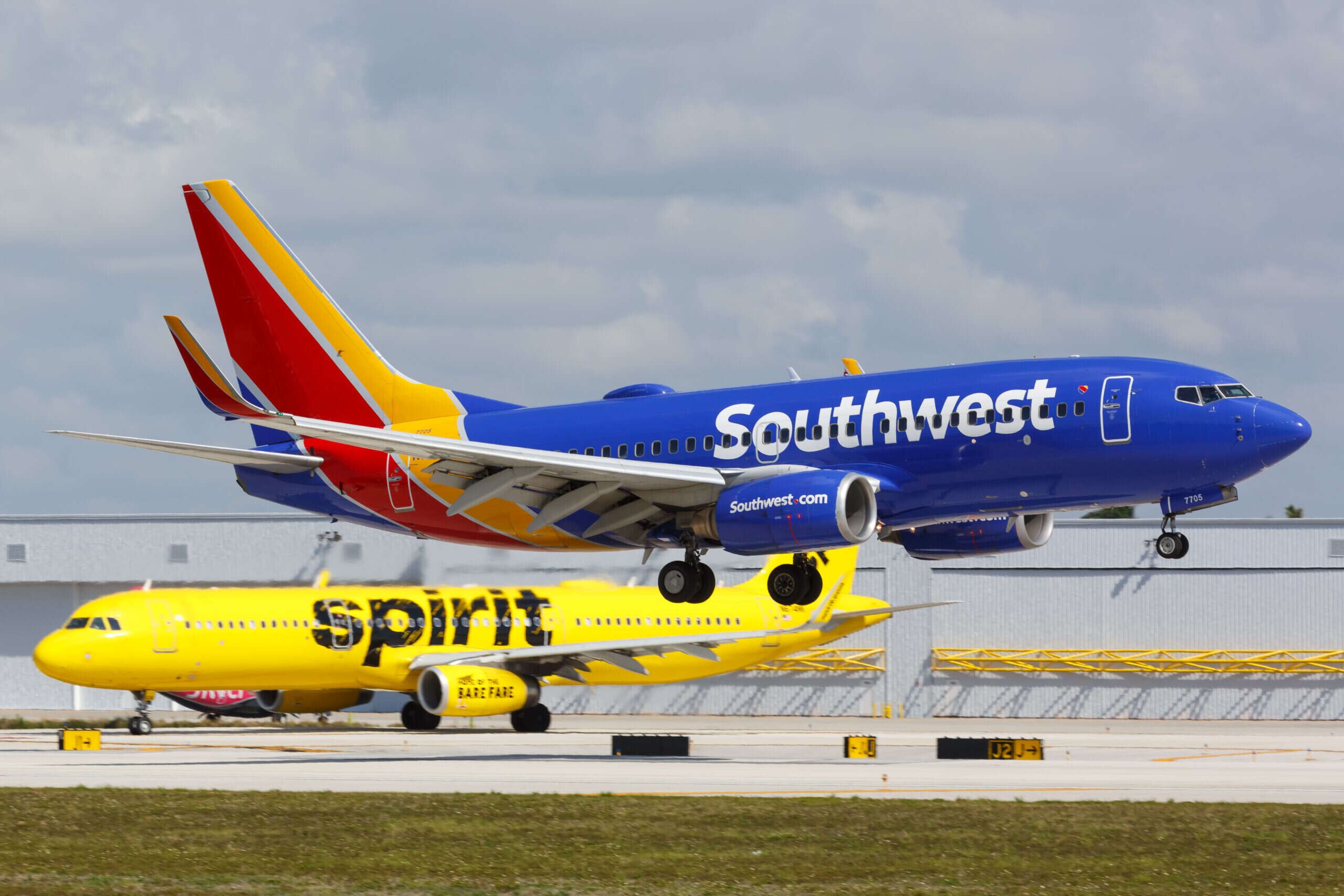
What is airline market deregulation? Airline market deregulation refers to the removal of government control over various aspects of the airline industry, such as fares, routes, and market entry of new airlines. Why does it matter? Deregulation has led to increased competition, lower fares, and more choices for travelers. Before deregulation, the government tightly controlled the industry, limiting competition and keeping prices high. What changed? After deregulation, airlines could set their own prices and choose their routes, leading to a boom in air travel. Why should you care? Understanding deregulation helps explain why flying is more accessible and affordable today.
Key Takeaways:
- Airline market deregulation in 1978 removed government control, leading to more competition, lower fares, and new challenges for consumers, ultimately transforming the industry.
- Deregulation influenced global airline policies, inspiring Europe's deregulation, open skies agreements, and the rise of low-cost carriers, shaping the industry worldwide.
What is Airline Market Deregulation?
Airline market deregulation refers to the removal of government control over fares, routes, and market entry of new airlines. This shift aimed to increase competition and reduce prices for consumers. Let's dive into some interesting facts about this significant change in the airline industry.
Historical Context of Deregulation
Understanding the background helps grasp the impact of deregulation.
- The Airline Deregulation Act of 1978: This U.S. law marked the beginning of deregulation, removing federal control over fares, routes, and market entry.
- Pre-Deregulation Era: Before 1978, the Civil Aeronautics Board (CAB) regulated all domestic flights, controlling fares and routes.
- Economic Pressures: Rising fuel costs and economic stagnation in the 1970s pushed the government to consider deregulation.
- Political Support: Deregulation had bipartisan support, with both President Jimmy Carter and Senator Ted Kennedy advocating for it.
Impact on Airline Competition
Deregulation significantly altered the competitive landscape of the airline industry.
- Increased Competition: New airlines entered the market, leading to more choices for consumers.
- Lower Fares: Competition drove down ticket prices, making air travel more affordable.
- Hub-and-Spoke System: Airlines adopted this system to maximize efficiency and connectivity.
- Bankruptcies and Mergers: Many airlines couldn't survive the fierce competition, leading to bankruptcies and mergers.
Consumer Benefits and Challenges
While deregulation brought many benefits, it also introduced new challenges for consumers.
- More Destinations: Airlines expanded their networks, offering flights to more destinations.
- Frequent Flyer Programs: Airlines introduced loyalty programs to retain customers.
- Service Quality: Some argue that service quality declined as airlines cut costs to stay competitive.
- Overbooking Issues: To maximize revenue, airlines began overbooking flights, leading to occasional passenger bumping.
Economic and Social Impacts
The broader economic and social effects of deregulation are noteworthy.
- Job Creation: Deregulation led to job growth in the airline industry and related sectors.
- Regional Disparities: Smaller airports and regions sometimes faced reduced service as airlines focused on profitable routes.
- Tourism Boost: Lower fares and more destinations boosted tourism, benefiting local economies.
- Environmental Concerns: Increased air travel raised concerns about environmental impacts, including carbon emissions.
Global Influence of U.S. Deregulation
The U.S. experience influenced airline policies worldwide.
- European Deregulation: Inspired by the U.S., Europe began deregulating its airline market in the 1990s.
- Open Skies Agreements: These agreements between countries aimed to liberalize international aviation markets.
- Low-Cost Carriers: Deregulation paved the way for the rise of low-cost carriers like Southwest Airlines and Ryanair.
- Global Competition: International airlines faced increased competition, leading to innovations and improved services.
Deregulation transformed the airline industry, bringing both opportunities and challenges. Understanding these facts helps appreciate the complexities and impacts of this significant policy shift.
The Impact of Airline Deregulation
Airline market deregulation has reshaped the industry in ways that affect both travelers and airlines. Lower fares and increased competition have made air travel more accessible, while new routes have connected previously underserved areas. However, it’s also led to consolidation among airlines, sometimes resulting in fewer choices for consumers. Service quality has seen mixed results; some enjoy better options, while others face crowded flights and additional fees.
Understanding these changes helps travelers make informed choices and appreciate the complexities behind their flight options. Whether you’re a frequent flyer or an occasional traveler, knowing the history and impact of deregulation can enhance your travel experience. Keep these facts in mind next time you book a flight, and you’ll navigate the skies with a bit more insight.
Frequently Asked Questions
Was this page helpful?
Our commitment to delivering trustworthy and engaging content is at the heart of what we do. Each fact on our site is contributed by real users like you, bringing a wealth of diverse insights and information. To ensure the highest standards of accuracy and reliability, our dedicated editors meticulously review each submission. This process guarantees that the facts we share are not only fascinating but also credible. Trust in our commitment to quality and authenticity as you explore and learn with us.


